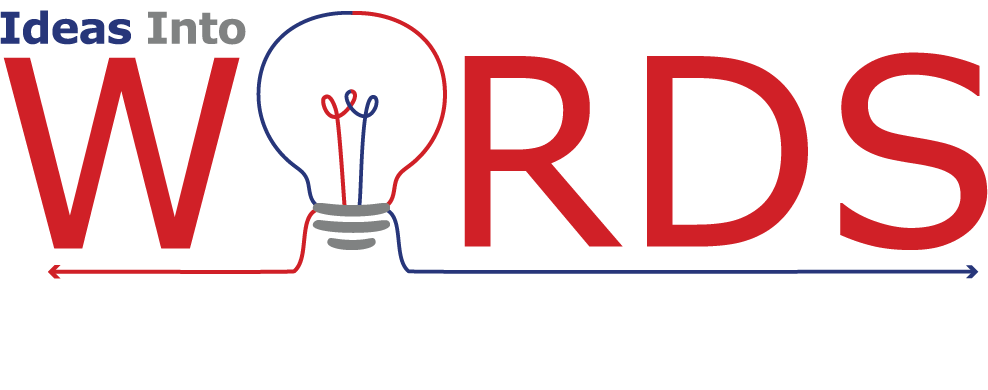This blog post was originally published on the Editors Canada blog, The Editors’ Weekly.
The term “metrics” has become a bit of a business buzzword, especially for digital enterprises. It’s a trendy word for ways to quantifiably measure success such as tracking social media metrics (followers, click-through rates) or sales metrics (monthly numbers). As editors, though, we don’t have the same kinds of reliable metrics to help us measure the success of our editing endeavours. If we edit books, we might examine book sales, but those numbers can be attributable to many factors other than our edits. Other possible metrics are equally indirect. So how do editors measure their success?
In my five years as an editor, I’ve developed three ways to measure the success of a project that are not numerically quantifiable, but I believe they’re valid.
Textual
One of the main ways I measure my success is the quality of the product: the finished text. These are some of the questions I ask to evaluate textual success.
Did I improve (not perfect) the text?
Did I maintain the author’s voice rather than insert my own?
Does the text have flow and coherence?
Is the meaning clear throughout?
Is the text correct (grammar, spelling)?
Is it accurate (factual)?
Is it complete?
Is it easy and visually appealing to read?
Are format and language consistent?
Relational
For me, editing is relational at its core. Because of this, I measure my success partly based on the relationship I developed with the author. These are some of the questions I ask to evaluate relational success.
Did the author and I communicate effectively?
Did we treat one another with mutual respect?
Did we establish a reliable work flow?
Did we resolve issues amicably so that we both accept the outcome?
Transactional
The final way I measure an editing project’s success deals with the business aspects. These are some of the questions I ask to evaluate transactional success.
Did I finish the project on time?
Did I finish the project on budget?
Did the client ask me to continue a working relationship in the future?
Did the client recommend me to others?
My perception of success on a project comes from assessing the combined answers to those questions.
Success as a Process
Sometimes an editor can measure success immediately after finishing a project; other times, the level of success only becomes apparent a little (or a lot) later. Over the course of time and the length of your career, you also build a sense of your success in the field as a whole.

